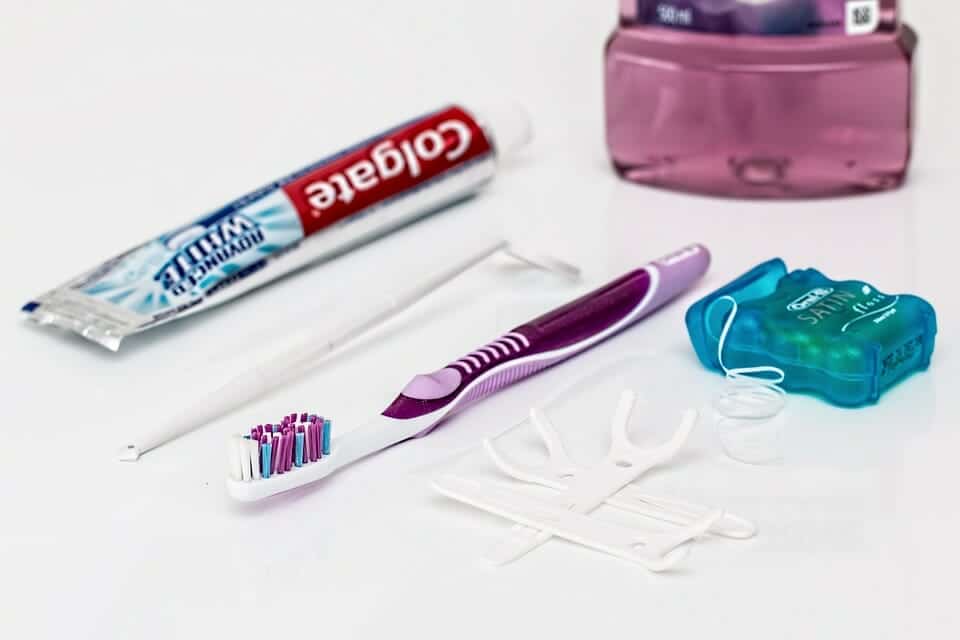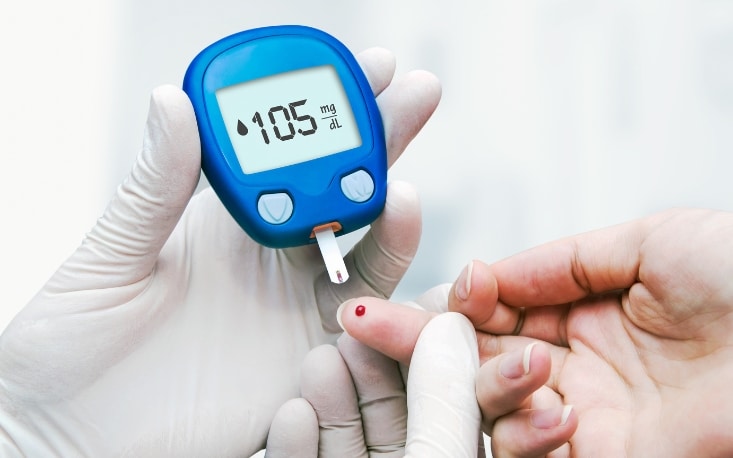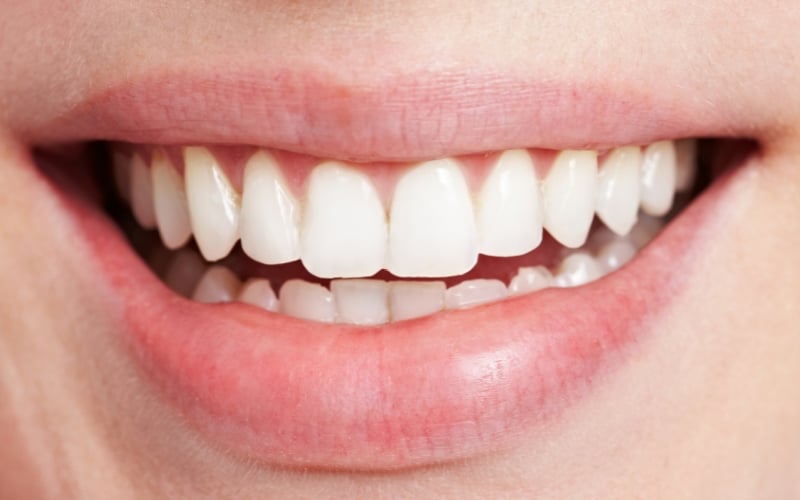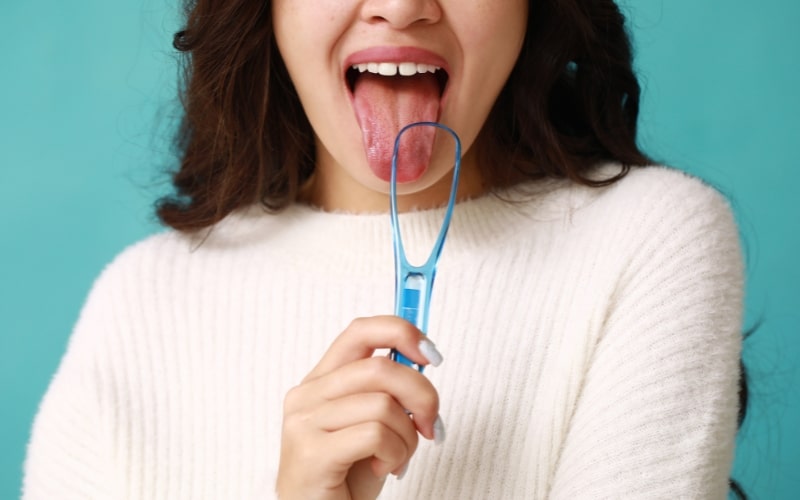ONLINE SCHEDULING AND VIRTUAL CONSULTS AVAILABLE

Some health issues related to your Oral Hygiene

Since I am kind of an introvert, social gatherings don’t attract me much. Office parties are equally boring. It was only this year that I had some different experiences as I got to meet someone from a different field of expertise. He was a friend of my boss. He happened to be an assistant in a dental office.
We were discussing work-life hassles casually. I was suffering from a bad headache since the past few months and was telling the same to him. It was then that I came to know about his profession. In lending me a piece of advice on dealing with my headache, Mr. Richard (the friend of my boss), went on to explain how a person’s dental health could trigger several other health issues!
Interestingly enough, I not only listened to whatever Mr. Richard related that day, but also came back home and researched a lot on the topic.
How does your oral health interfere in your overall well-being?
You can consider the mouth to be like a “window” to your inner body. Since the oral cavity is hugely responsible for whatever enters your body, a good oral care is crucially necessary for maintaining a healthy body. Lack of proper brushing and flossing can lead to building up of plaque inside your mouth. Remember, not only the number of times you brush is important, but also the duration for which you brush!
Oral Hygiene To-Dos for a better living
- Brushing at bedtime is a must– It is essential to get rid of the germs and plaque that accumulates in between our teeth all through the day. So, brushing before going to your bed is a golden habit for your oral well-being
- Clean your tongue too– Gently brush your tongue each time you brush your teeth, because, plaque can build up in the tongue also, thereby causing a foul breadth.
- Use fluoride containing toothpaste– Fluoride has been clinically proven to be most effective in fighting germs and preventing tooth decay. Therefore, fluoride is an important factor to be considered, much more than the whitening powers or flavors of your toothpastes!
- Flossing once regularly – Flossing is not only needed to get rid of the tiny bits of food from between the teeth gaps, but it also stimulates your gums thus keeping them active. Even older people with arthritis who find it painful to floss should try to do it just for once in a day, even if for a lesser duration.
- A mouthwash– When flossing becomes too difficult or painful for any other dental issue, a mouthwash does the job. Make sure you make use of either of these for an enhanced oral care!
- Avoid sugary and acidic foods– Foods with a high sugar content turn acidic inside the mouth. Acid adversely affects the teeth enamel by eroding it partly. Therefore, too much of not only citrus foods, but also sugary juices harm your teeth! Even if you are consuming them, preferably get your teeth brushed and your mouth cleaned thoroughly after having them.
So what happens when you neglect your oral health?
When bacteria builds up to such a level, that it spreads and enters your body, you might be in serious trouble! Let us check out the various health issues that are related to your oral health, in this post:
- Premature Birth: Medical issues like premature birth or low birth weight are often related to oral illnesses like periodontitis (inflammation of the gums caused by bacterial infection.)
- Endocarditis: Endocardium is the inner lining of your heart. An infection in this area is known as endocarditis. It occurs when germs from other parts of the body, such as the mouth, spread through the bloodstream and attach to the damaged areas of the heart!
- Heart diseases: Research suggests that certain cardiovascular problems could be related to oral infections.
- Dementia: Bacteria from gingivitis may enter the brain through the nerve channels in the head or through the bloodstream. This might lead to the development of an Alzheimer\’s disease.
Now, conversely, there are certain health conditions that affect your dental health condition. In fact, the number of illnesses that can adversely affect oral health are indeed many. To list a few among them are:
Diabetes: Raised blood sugar levels put the gums at greater risk. Therefore, people with diabetes are found to be more prone to periodontal diseases than others,
HIV/AIDS: Oral problems, such as painful mucosal lesions, are common in people who have HIV/AIDS.
Osteoporosis: Osteoporosis is a disease that causes bones to become weak and brittle. Therefore, it is often responsible for the loss of jawbone mass and tooth loss as a consequence.
Alzheimer\’s disease: People with Alzheimer’s disease face this. As the Alzheimer’s disease progresses, a person’s oral health deteriorates too.
As mentioned above there are many other conditions that render oral problems. For instance, the Sjogren’s Syndrome is an immune system disorder that causes dry mouth syndrome in the victim. Good oral hygiene is therefore almost a dire necessity if you wish to stay fresh and healthy for as long as you can.





